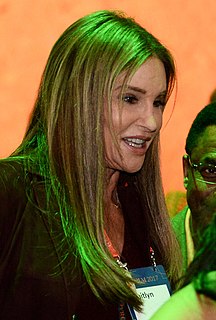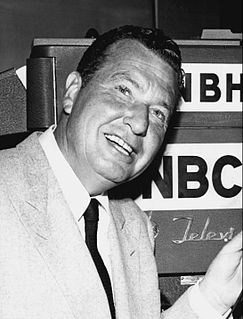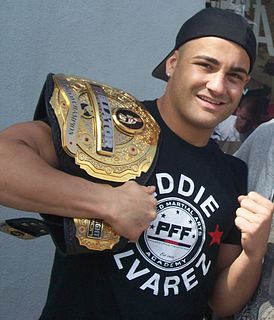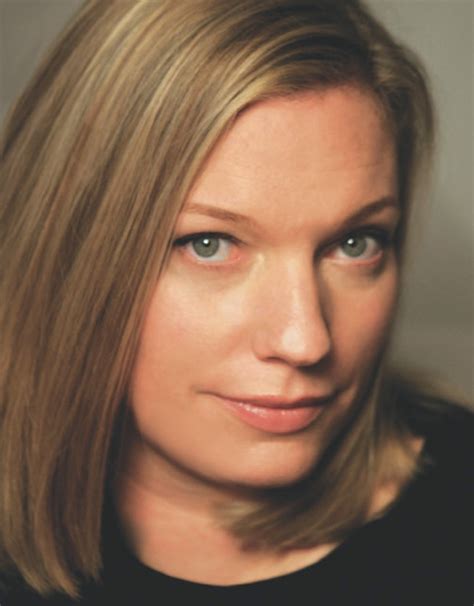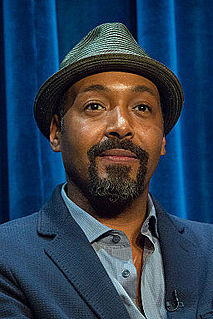A Quote by Lexi Underwood
When I was younger, there weren't many people that were open about going through anxiety, so I never knew how to deal with it.
Related Quotes
I knew that people were going to talk about it, I knew it was embarrassing, and I knew it was a big deal. But did I think that it was going to be this thing that followed me for, you know, the next years to come? I guarantee you, 25 years from now, I'll be known as the girl that lip synced on 'SNL.' But, you know, it was a weird thing. Not fun.
She knew that what she was going through was nothing special, just garden-variety heartbreak, the sort of thing that poets and novelists had been writing about for hundreds of years, but she also knew, from those same books, that there were people who never recover form it, ones who go on through life beset by a dim and painful longing.
When we were doing the "Angel Dust" thing we got information from the National Institute of Drug Abuse because we knew that if we went out and said something about angel dust people were going to ask questions about it and we wanted to be sure we had all the information to deal with it when those questions came up. So it's all a question of being as prepared as possible out front, so that if you are going to deal with information it'll be correct. A lot of people won't check it out but some people will.
My parents were perfectly open-minded about everything. They never tried to convince us of what was true or what wasn't true in their minds. We were just presented with the information that was around and pretty much allowed - though, I mean, we knew how they felt. We knew they didn't go to church. So obviously that had an effect.
People like to talk a lot about me, about how I have anxiety or social disorders. I'll admit to anxiety, but it has nothing to do with media or being in front of a camera or being around people. It has to do with dealing with the sparring that I'm going to have or the workouts that I'm going to have from day to day.
You remember what you go through as a kid, what's going to make you listen, what's going to make you respond. I held onto that. People who treated me like that when I was younger got every bit of respect and attention I could give them, because I knew that they were coming at me from almost an equal level.
Similarly, the press never tested many of the assumptions about WMDs. One of the great myths about the WMD issue is that everybody believed Iraq had them. Well, that's not true. There were a number of people in the intelligence community and the State Department who were skeptical, and many analysts in the Department of Energy were dubious about Iraq's nuclear capability. There were also people like Scott Ritter who were saying quite accurately what was going on.
I do think my childhood is one of the fundamental reasons that I'm able to do my job. We were raised in this totally nonjudgmental family. We never knew who was going to walk in the front door. And as a journalist and a photographer, you walk into so many different scenes that you have to be open to everything.

